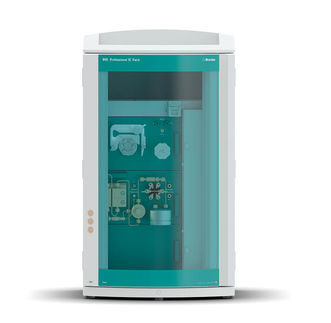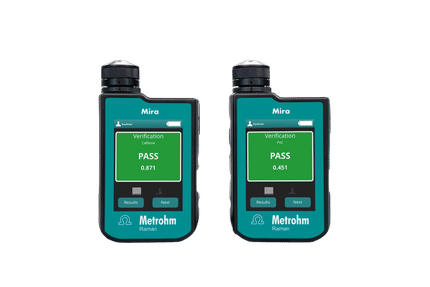To use all functions of this page, please activate cookies in your browser.
my.chemeurope.com
With an accout for my.chemeurope.com you can always see everything at a glance – and you can configure your own website and individual newsletter.
- My watch list
- My saved searches
- My saved topics
- My newsletter
Petrifaction
In geology, petrifaction or petrification is the process by which organic material is converted into stone or a similar substance. It is approximately synonymous with fossilization. Petrified wood is the most well known result of this process. Product highlightFor a list of sites of major collections of petrified materials, see Petrified wood. FolklorePetrifaction is also a common theme in folklore and mythology, and is associated with the legends of Medusa the Gorgon, the basilisk, and the cockatrice, among others. In fairy tales, characters who fail in a quest may be turned to stone until they are rescued by the successful hero, as in The Giant Who Had No Heart in His Body or The Dancing Water, the Singing Apple, and the Speaking Bird. In Cornish folklore, petrifaction stories are used to explain the origin of prehistoric megalithic monuments such as stone circles and monoliths. For example, the name of the Merry Maidens stone circle, and the nearby Pipers monoliths, comes from an associated myth about a party of young women who danced on poles through Saturday evening and into Sunday morning. For their sins the nineteen maidens were turned to stone, as were the two pipers accompanying them. Several other Cornish stone circles have similar themes in their names ( The Nine Maidens of Boskednan, the Tregeseal Dancing Stones), and there are variations such as The Hurlers on Bodmin Moor - turned to stone for playing the Cornish game of hurling on a Sunday[1]. Several isolated standing stones have names associating them with pipers or fiddlers. Figuratively, the word can also refer to a state of paralysis resulting from fear. References
|
||
| This article is licensed under the GNU Free Documentation License. It uses material from the Wikipedia article "Petrifaction". A list of authors is available in Wikipedia. |







